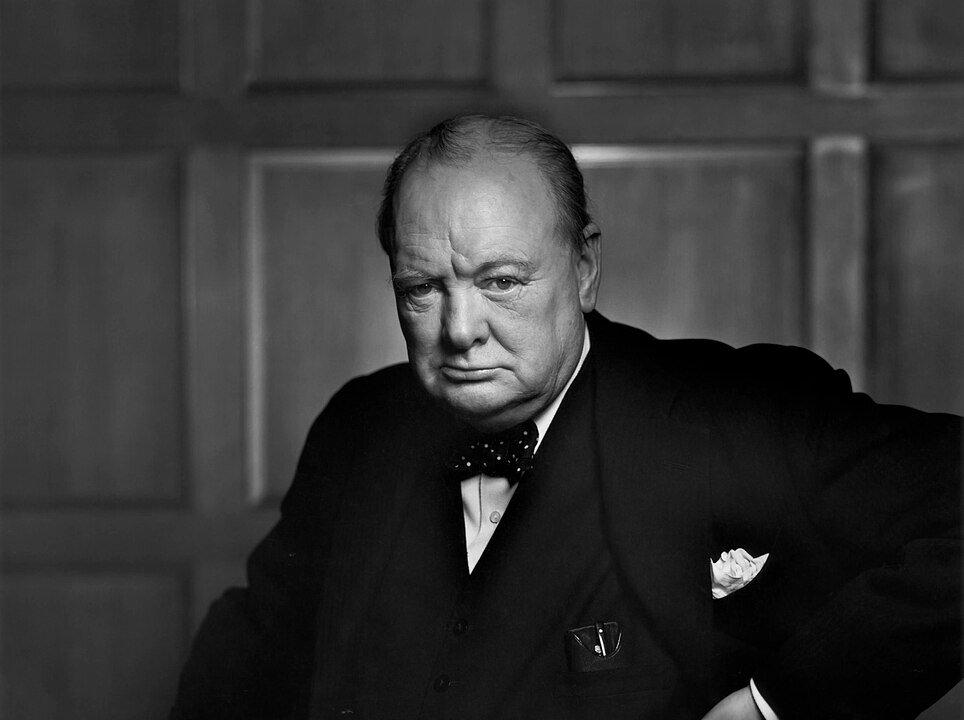Commentary
Now that the procedural logjam that had parliamentary business on hold for several weeks has been broken, Canadians can soon expect legislation cracking down on online speech to be front and centre.

Now that the procedural logjam that had parliamentary business on hold for several weeks has been broken, Canadians can soon expect legislation cracking down on online speech to be front and centre.